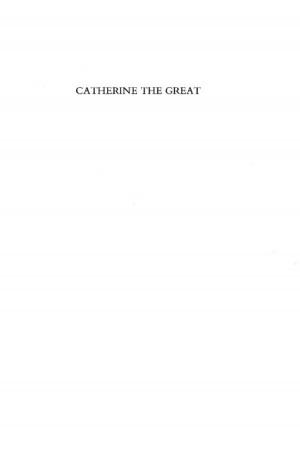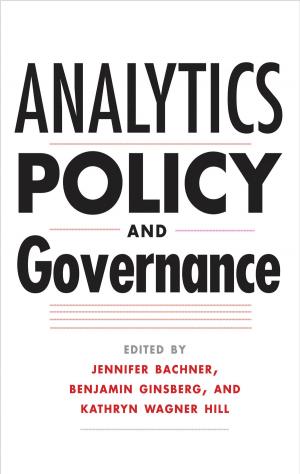No Freedom without Regulation
The Hidden Lesson of the Subprime Crisis
Business & Finance, Business Reference, Government & Business, Nonfiction, Social & Cultural Studies, Political Science, Politics, Economic Policy, Government| Author: | Joseph William Singer | ISBN: | 9780300216578 |
| Publisher: | Yale University Press | Publication: | September 8, 2015 |
| Imprint: | Yale University Press | Language: | English |
| Author: | Joseph William Singer |
| ISBN: | 9780300216578 |
| Publisher: | Yale University Press |
| Publication: | September 8, 2015 |
| Imprint: | Yale University Press |
| Language: | English |
Almost everyone who follows politics or economics agrees on one thing: more regulation means less freedom. Joseph William Singer, one of the world’s most respected experts on property law, explains why this understanding of regulation is simply wrong. While analysts as ideologically divided as Alan Greenspan and Joseph Stiglitz have framed regulatory questions as a matter of governments versus markets, Singer reminds us of what we’ve willfully forgotten: government is not inherently opposed to free markets or private property, but is, in fact, necessary to their very existence. Singer uses the recent subprime crisis to demonstrate:
- Regulation’s essential importance for freedom and democracy
- Why consumer protection laws are a basic pillar of economic freedom
- How private property rests on a regulatory infrastructure
- Why liberals and conservatives actually agree on these relationships far more than they disagree
Almost everyone who follows politics or economics agrees on one thing: more regulation means less freedom. Joseph William Singer, one of the world’s most respected experts on property law, explains why this understanding of regulation is simply wrong. While analysts as ideologically divided as Alan Greenspan and Joseph Stiglitz have framed regulatory questions as a matter of governments versus markets, Singer reminds us of what we’ve willfully forgotten: government is not inherently opposed to free markets or private property, but is, in fact, necessary to their very existence. Singer uses the recent subprime crisis to demonstrate:
- Regulation’s essential importance for freedom and democracy
- Why consumer protection laws are a basic pillar of economic freedom
- How private property rests on a regulatory infrastructure
- Why liberals and conservatives actually agree on these relationships far more than they disagree















